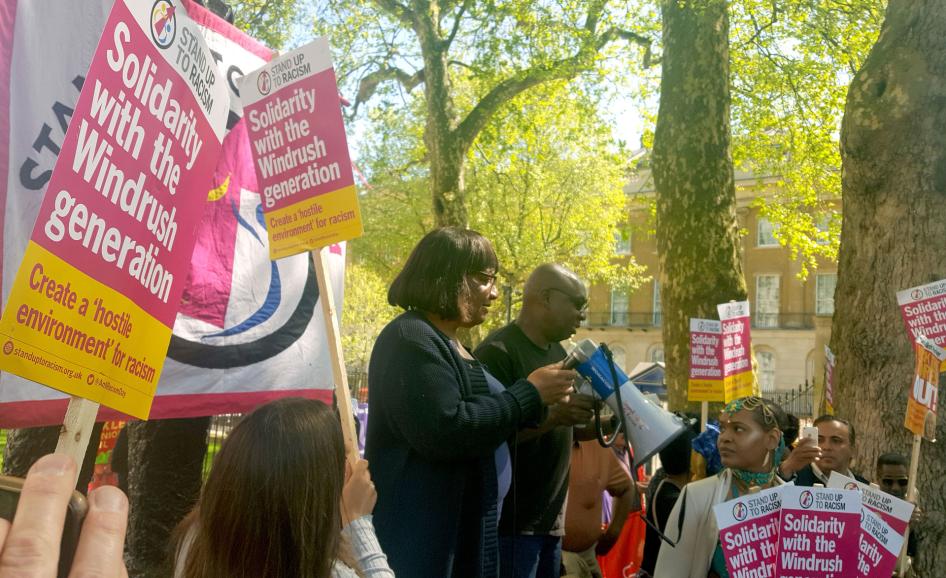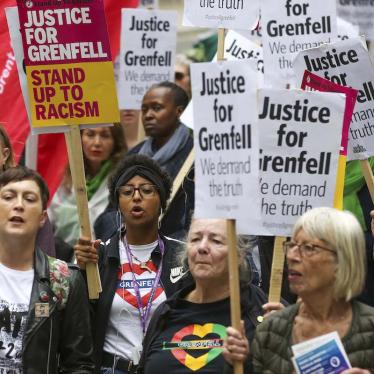Last week, the United Kingdom celebrated the 72nd Windrush Day, commemorating the arrival of hundreds of Caribbean men and women aboard the Empire Windrush in June 1948. Known as the Windrush generation, they were British subjects invited by the government to help rebuild the country after the Second World War.
Prince Charles has said Britain owes the Windrush generation and their descendants “a debt of gratitude.” They are owed much more.
In 2018, the British government apologized to the Windrush generation after many were denied public services, detained, faced police brutality, and in some cases, deported because they lacked proper documentation. Despite living legally in Britain for decades, they were victims of a UK policy to create a “hostile environment” for undocumented migrants.
An independent review of the scandal found deep failures on the part of the Home Office and urged immediate action to prevent similar injustices.
In response, a Home Office task force in 2018 granted documentation to 12,030 persons, but 3,720 cases remained outstanding as of March 2020, and census estimates suggest thousands more may be eligible. The task force also established a compensation scheme, but by February 2020, only 36 people received payments, despite 1,100 claim submissions.
This year, Windrush Day was observed amid a broader social reckoning in the UK over the legacy of structural racism, slavery, and other atrocities during the British Empire – a history that puts into context Caribbean migration to Britain.
The Windrush generation are descendants of enslaved people. British and other slave traders kidnapped an estimated 3.1 million people along the west coast of Africa, trafficked them across the Atlantic Ocean, and subjected them to forced labor and torture on the colonial plantations that enriched the British crown.
The Bank of England and Lloyd's of London recently apologized for their involvement in the slave trade. The British government borrowed money to pay £20 million in compensation (an estimated £16 billion in today’s terms) to slaveholders following slavery’s abolition in 1833. No compensation of similar magnitude was issued to those enslaved or their descendants.
Britain owes the Windrush generation a “debt of gratitude;” however, gratitude alone cannot serve justice. The government needs to reckon with its legacy of imperialist atrocities and slavery. It should provide compensation for the Windrush generation and reform unjust Home Office policies that led to the denial of their rights. Doing so is a crucial first step towards proper reconciliation.









